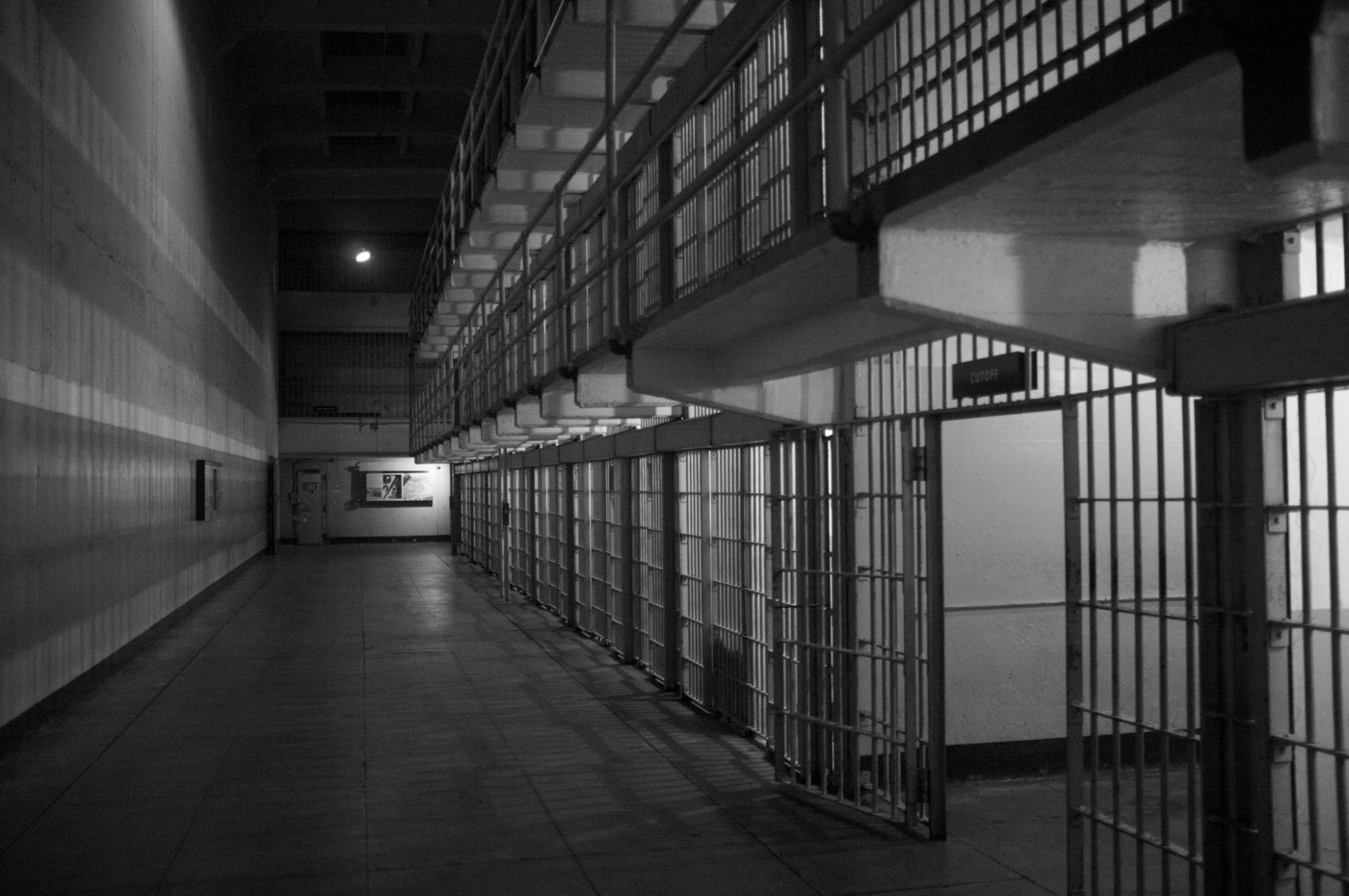All prisoners should be able to access student loans
All arguments surrounding the United Kingdom’s prison system can be boiled down to the debate of rehabilitation or punishment. A recent report by the Open University and Higher Education Policy Institute gets to the very heart of this debate. It proposed that prisoners serving longer sentences should be able to take out student loans to pay for degree courses. Under current policy, prisoners with only six years or less on their sentence can take out loans. With voters not seeing a rehabilitative prison system as a salient issue, research and reports don’t always translate into policy. Yet, if a degree can rehabilitate a prisoner regardless of sentence length, and it makes their lives have a purpose and our streets safer once they’re out, then surely what’s to lose?
Money, for one. Well, this is a common misconception. Indeed, the cost of this policy stands at £2.3 million, which, when compared to the £18 billion a year spent on reoffending rates, isn’t that steep. The report claims that extending student loan access to prisoners of all sentence lengths will lead to 200 extra prisoners becoming students each year. Under this extension, the government will have 200 more prisoners less likely to re-offend due to pursuing an education. So, it seems we’ve quickly busted the myth that rehabilitation does not equate to the government going on a mindless spending spree with taxpayer’s money.
Studying for a degree can give them a sense of purpose, along with them remaining mindful of their futures outside of prison
It’s impossible to know if there will be a perfect correlation between prisoners studying for a degree and never reoffending once they’re out. Even so, overcrowded prisons and the number of prisoners doubling from 1990-2018, highlights that the punishment route doesn’t work. Despite this report being empirically based, it cannot claim to predict what these people go on to do once they re-enter society- and that’s okay. No rehabilitative scheme can be the magic cure, but that doesn’t mean we should shirk off schemes like this and carry on, business as usual. Studying for a degree can give them a sense of purpose, along with them remaining mindful of their futures outside of prison.
This policy is about righting many of the socio-economic wrongs prisoners have long suffered before being incarcerated. This makes more sense when you look at the demographics of the national prison population. As of January 2019, more than half of inmates held in prisons for young people are from black and minority ethnic (BME) backgrounds compared to making up 13% of the general population. Moreover, child poverty is also a significant factor in a person’s likelihood of being convicted. To be clear, I’m not taking away the individual agency of prisoners and saying that they’re only in prison because of overarching structures. Nonetheless, if every person is born with the same universal amount of capabilities, why are people from BME or working-class backgrounds making up the majority of prison places?
If every person is born with the same universal amount of capabilities, why are people from BME or working-class backgrounds making up the majority of prison places?
A key barrier to this policy, however, is a lack of demand. Voters don’t prioritise rehabilitation as a salient issue and therefore aren’t in favour of directing their tax money into such projects. For instance, the most recent ‘Top Issues Tracker’ by YouGov recorded leaving the EU as the most important issue, with crime taking second place and education ranked third. Within the broader context of overcrowded schools and hospitals, prisons working at over capacity get overlooked. For both governments aiming to see quick results within their five-year terms and voters wanting safer streets, getting more people in prison is seen as an end in itself. Yet, prison is only part of a larger solution; it is a means to an end for creating a more pro-social citizenry.
In sum, an extension in policy will benefit all players: prisoners, the public, overworked police staff, and, of course, the government’s pocket. When addressing the debate, it seems absurd that the Department in Education says it won’t change policy. However, when we see that rehabilitation isn’t on every voter’s policy wish-list, it all becomes clear. Our first step into creating demand is for all of us to see that a prison system built only on punishment is a failing one.

Comments